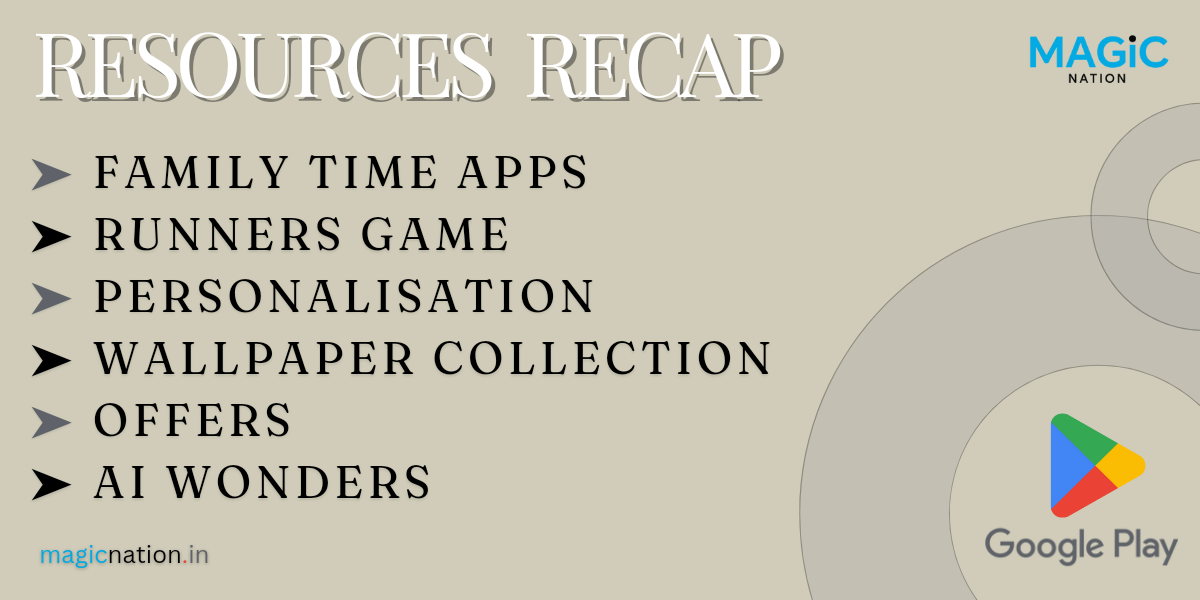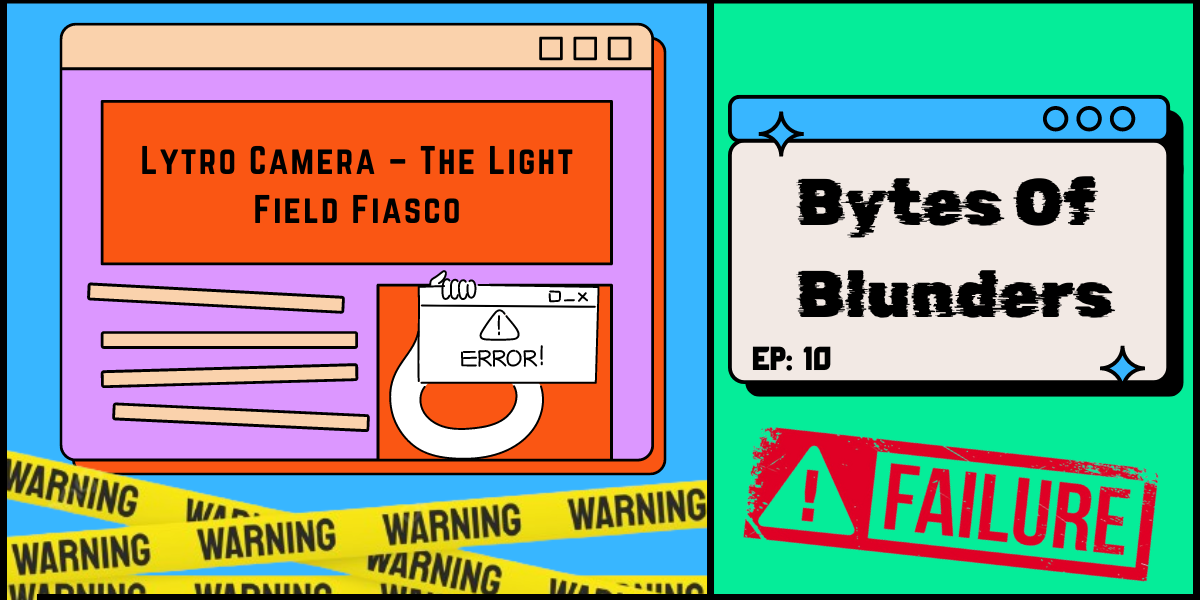
Early Beginnings: Counting the Seeds of Innovation
Our story starts not with whirring circuits and flashing screens, but with humble tools like the abacus. This ancient invention, dating back thousands of years, allowed humans to perform basic calculations by manipulating beads on a frame. It's a testament to our innate desire to quantify and understand the world around us.
The Age of Mechanical Marvels: When Gears and Cogs Crunched Numbers
Fast forward to the 17th century, and we encounter the mechanical marvels of inventors like Blaise Pascal and Gottfried Wilhelm Leibniz. Their calculating machines, adorned with intricate gears and levers, could tackle complex mathematical equations, paving the way for future advancements.
Charles Babbage: The Visionary Architect of the Analytical Engine
Enter Charles Babbage, the visionary who, in the 1830s, conceived of the Analytical Engine. This machine, never fully built, resembled a giant mechanical computer, capable of performing calculations, storing data, and even printing results – a blueprint for future generations to follow.
Punch Cards and Early Electronic Brains: The Dawn of Modern Computing
The 20th century ushered in a new era. Herman Hollerith's punch card machines automated data processing, while Ada Lovelace, a pioneer programmer, wrote the first algorithms for a computing machine. And then came the ENIAC, a colossal electronic behemoth that could devour calculations at breakneck speed. This marked the birth of modern computing.
From Transistors to Transistors: A Miniaturized Revolution
The invention of the transistor in 1947 was a game-changer. These tiny electronic switches replaced bulky vacuum tubes, paving the way for smaller, faster, and more efficient computers. This miniaturization revolutionized the field, leading to the development of personal computers and the rise of the silicon age.
The Digital Revolution: From Mainframes to Your Pocket
The 1970s and 80s saw the rise of personal computers like the Apple II and the IBM PC, bringing computing power into homes and offices. The internet arrived, connecting people across the globe, and software giants like Microsoft and Apple emerged, shaping the digital landscape we know today.
The Age of the Cloud and Artificial Intelligence: Beyond the Desktop
Today, we live in a world of cloud computing, smartphones brimming with artificial intelligence, and virtual worlds that blur the line between reality and technology. The journey continues, with advancements in quantum computing and nanotechnology promising even more mind-boggling possibilities.
Interactive Challenge:
- Share a memory of your first encounter with a computer. How has your experience with computers evolved over time?
- Imagine a future where computers are even more integrated into our lives. What exciting possibilities do you foresee? What challenges might we face?
- Research and discuss a specific historical figure or invention that played a pivotal role in the development of computers.










